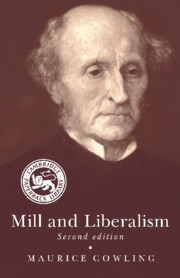Summary
Each generation of scholars, and within each generation each group, takes the past left by its predecessors, makes what alteration it thinks it can justify, and constructs for itself a world from which it has emerged. This process occurs over all areas of scholarly activity: it occurs over all areas of history: it occurs, more even than elsewhere, in interpreting writers whom earlier generations have chosen, for reasons as various as their experiences, to regard as ‘great moral teachers’.
This process must be carried out by each generation for itself. It cannot be done for it by the generation before, and it cannot be done by the generation after. Their experiences are different from its own: the weight of their emphasis will be different also. It can be done only by those who are in some sense contemporary, and there is no other way of doing it than by studying the texts. Not everyone will recognize the experience of the author by whom this book is written: but some will understand the hostility to Mill which arises from suspicion of the claim to impartiality, rationality and unquestionable self-evidence with which liberal opinions and progressive policies have been propagated through all political parties, and most political journals, in the eighteen years which have elapsed since the end of the war of 1939. In another work the author has set out objections to the academic predominance of this style of thinking: the present work is a continuation of that one.
- Type
- Chapter
- Information
- Mill and Liberalism , pp. xlvii - liiiPublisher: Cambridge University PressPrint publication year: 1990

